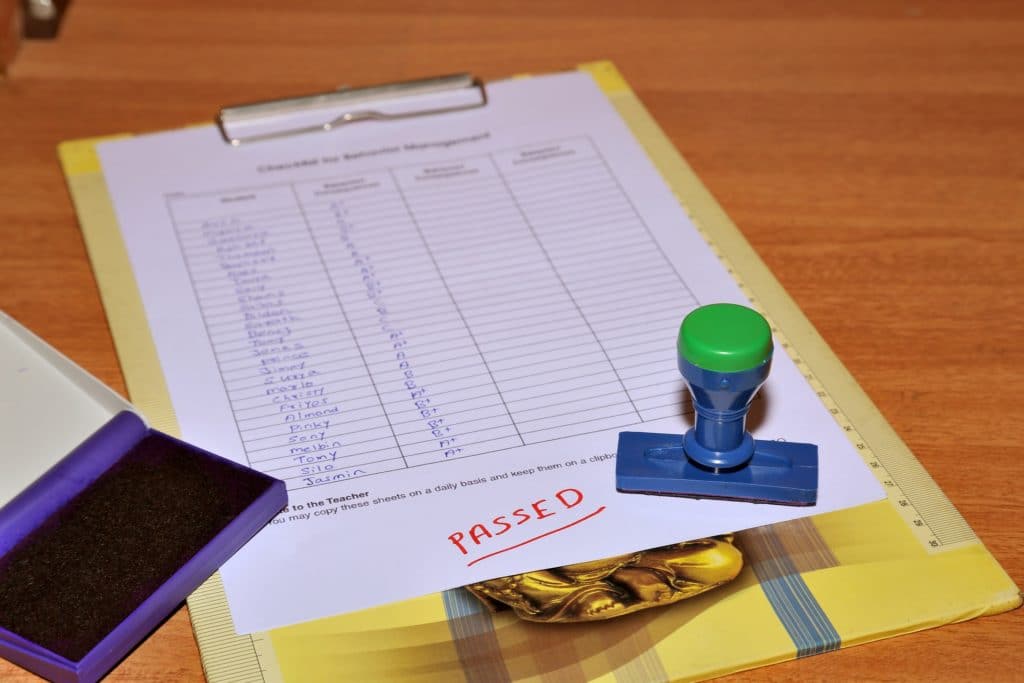 As exam season approaches, thoughts turn to revision – but revising will be ineffective if it’s not approached sensibly. Cramming facts into your head the day before an exam won’t help and indeed will make you even more stressed as you realise none of it is sticking. Organisation and structure will help you much more, so follow these essential tips to help you prepare for exams …
As exam season approaches, thoughts turn to revision – but revising will be ineffective if it’s not approached sensibly. Cramming facts into your head the day before an exam won’t help and indeed will make you even more stressed as you realise none of it is sticking. Organisation and structure will help you much more, so follow these essential tips to help you prepare for exams …
1. Write a study plan
Organisation is the key to effective revision. Divide up your available time so that you have a clear plan laid out as to which subjects you study and when. Give priority to the subjects you need to work on more. Bear in mind which exams you have first. It may prove useful to return to a subject to ensure you have thoroughly covered all necessary material, so set aside time for a final revision close to the
exam date. This will allow you to check how well you remember important information and fill any gaps in your knowledge.
2. Start revising early
This cannot be emphasised enough. Do NOT leave revision until the last minute! You may think that if you revise shortly before an exam, everything will be fresh in your mind. The more likely outcome is that you’ll panic at how much revision you have left, and find it difficult to make anything stick in your mind. A far more effective tactic is to check your knowledge of key points shortly before an exam. But the earlier you start, the more time you will have to go over likely topics and learn important information.
3. Find a study buddy
Finding the motivation to revise can be difficult on your own, but if you have a study buddy you’re more likely to plough on with your studies. Agree on regular study dates so that you have that time set aside in your diary. You will also likely have different strengths and weaknesses, so can aide each other in remembering information. Having a study buddy is particularly useful for language students, who can practice conversation and pronunciation together.
4. Take care of your health
In the mad rush to cram facts and figures into their heads, many students neglect an important part of revising: time spent resting. You must schedule breaks into your study plan. Working for too long without a break is counter-productive and makes you tired. Be sure to get enough sleep and eat well; your mind cannot be at its best if you’re tired and existing on junk food. Taking time out to go for a walk or do some exercise will also be beneficial and allow you to refresh your mind.
5. Identify your weak points
There is no sense in giving equal weight to every subject you’re studying. The chances are that you’re weaker in some subjects than in others, and in certain aspects of a subject. Identify where your weak points lie and give greater emphasis to revising those points. Be honest; there’s no shame in admitting that you don’t understand some subjects as well as others, and need to work on those particular points. If you’re having trouble remembering statistics or facts that you need to know, look for a way of making those facts memorable; many people find word association useful.
6. Study past papers
Past papers can provide a lot of clues into what might come up in this year’s papers. If a topic appears in recent years, it’s not as likely to come up again soon. Try to guess which subjects may be covered in your exams. It does involve a degree of second-guessing (it’s not possible to predict everything precisely, but this will help guide you towards possible topics to revise.
7. Don’t try to remember everything
Ultimately, don’t try to cram every possible piece of information into your mind on the off-chance that it might come up in exams. It won’t, and you’ll only overtire your brain trying to do the impossible. Instead, make sure that you have a broad knowledge of a topic. Exams often ask you to think about a question rather than simply regurgitate information, and you’ll do a lot better by putting forward a coherent argument than if you do nothing but recite facts and figures.


